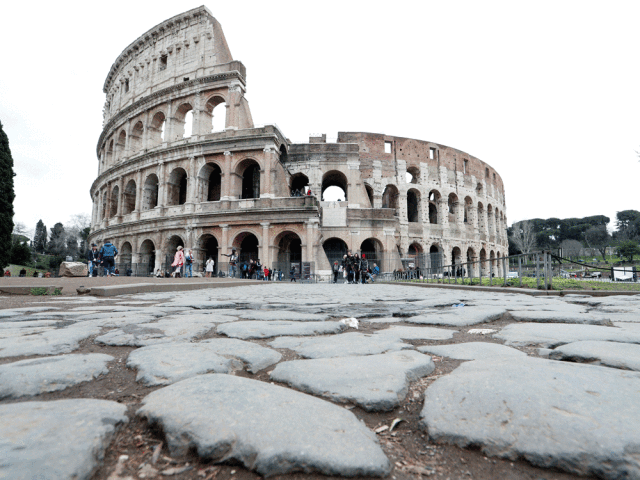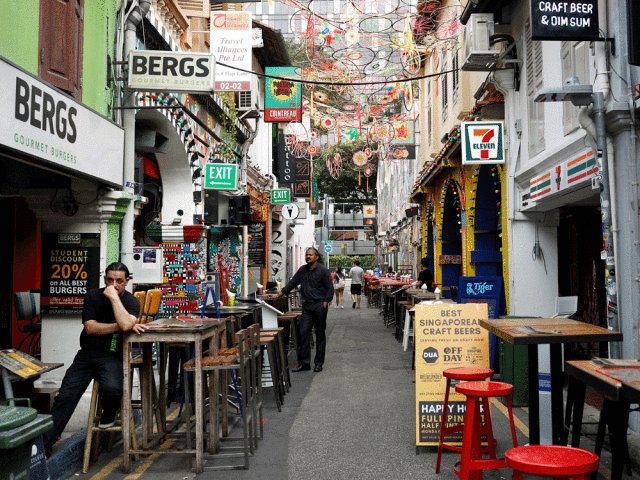With spring break vacations vast approaching, many Canadians have to decide if they still want to travel amid the uncertainty caused by the spread of COVID-19.
As of Tuesday morning, the World Health Organization director-general reported a total 90,893 cases of COVID-19 globally, and 3,110 deaths. Outside China, 1,848 new cases were reported in 48 countries and, while 80 per cent of those came from just three countries — Korea, Iran and Italy — it’s hard to predict where the next big outbreak might occur.
“We haven’t suggested anybody cancel their trip, we’ve just said be very, very cautious,” said Irfan Jetha, CEO of Travel Health Now, which provides medical consultations to travellers.
“I think it’s really up to an individual’s comfort level. If they’re looking to book travel now, given what’s going on, if they’re comfortable with getting on a plane, we can’t provide more guidance than what Health Canada has already provided on that risk level.”
Canada, which now has at least 33 cases, but no deaths, currently describes the risk to Canadian travellers as low and has held off recommending against all travel to any of the coronavirus hotspots around the world except Hubei province, the epicentre of the outbreak. And the World Health Organization (WHO) has continually advised against travel bans to countries with cases of the coronavirus.
“In general, evidence shows that restricting the movement of people and goods during public health emergencies is ineffective in most situations and may divert resources from other interventions,” WHO says on its website. “Several countries that denied entry of travellers or who have suspended the flights to and from China or other affected countries, are now reporting cases of COVID-19.”
However, anyone who is sick should postpone their travel plans, WHO advises, especially elderly travellers and people with underlying health conditions.
For those considering cancelling a trip, it’s important to keep in mind that fear alone of a rapidly spreading disease is not covered under most travel insurance. Only countries that are under a “level three” or “four” travel advisory issued by the Canadian government qualify under most policies. While the government currently advises against non-essential travel (level three) to China, Northern Italy and Iran, travellers to Japan and South Korea are only advised to practice “special precautions” (level two).

There are at least five cases in Mexico and one in the Dominican Republic, both popular spring break spots for Canadians, but no travel advisories have been issued.
While there are insurance policies that allow a cancellation for any reason, those tend to be more expensive and must be purchased within a few weeks of booking.
Anyone booking a trip now should consider how much protection they want given the uncertainty.Wendy Paradis, president of the Association of Canadian Travel Agencies, recommended that consumers use a travel agent who can advise them “every step of the way” for greater peace of mind.
Cruise ships are of particular concern after 3,700 people were quarantined on the Diamond Princess for weeks in Japan.
The Canadian government warns that infectious diseases can spread quickly on packed cruise ships and that many countries are issuing restrictions that could affect an itinerary and prevent passengers from disembarking in certain areas. If an outbreak does occur on a cruise ship, the government warns that not everyone will be flown home on a government-organized flight, as was the case for passengers aboard the Diamond Princess last month. Anyone returning from an infected cruise ship will be required to remain in mandatory isolation for 14 days “at a location determined by the Chief Public Health Officer.”

Cruise Lines International Association (CLIA), an industry group that represents about 270 ships around the world, announced on Monday that its members will perform enhanced screening measures to reduce the risk of COVID-19 spreading on one of their ships. Anyone who has passed through an airport in South Korea, Iran, China, Hong Kong or Macau, or visited one of the Italian regions under lockdown in the last 14 days will be denied boarding.
Coronavirus has also had a profound impact on Air Canada, which has suspended all flights to Beijing and Shanghai until April 10. Canada’s largest airline has also suspended daily non-stop flights from Toronto to Hong Kong and Seoul given low demand. The company is offering full refunds to passengers previously scheduled to travel to China. It will waive re-booking fees for those travelling to Hong Kong, South Korea or Italy if they reschedule within a certain timeframe.
Jetha said some people are worried less about the destination, and more about sitting on a flight for hours with strangers. While airlines regularly disinfect surfaces, he suggested taking extra precautions for peace of mind: wiping down with an antibacterial wipe the seat, armrests, TV screen and anything else someone might have touched.
One of the most pressing concerns might not be the risk of contracting the virus, but whether or not you find yourself trapped in a quarantine zone in another country, or banned from boarding a flight if you develop a cold or flu.
— With files from Emily Jackson, Financial Post and Reuters
